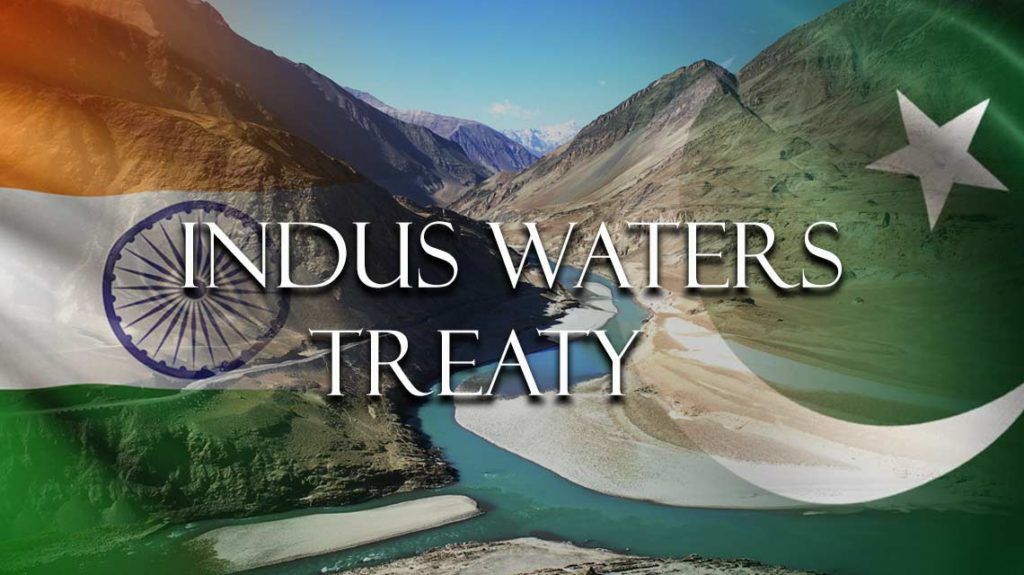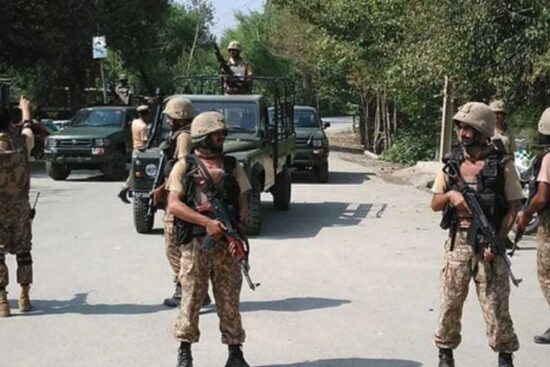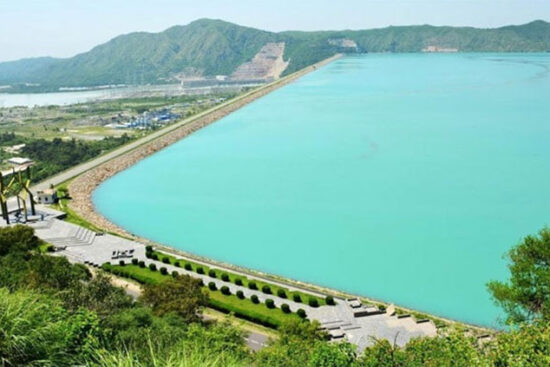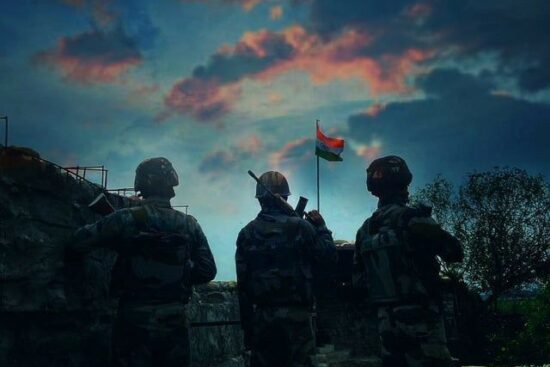
While implementing the IWT, of late, there have been instances wherein the BJP government has taken unilateral measures that undercut Pakistan’s interest and violated the substance and spirit of the treaty.


The partition of the Indian subcontinent in 1947 into two separate independent states, India and Pakistan, also required that the waters of the rivers that originate or flow through India to Pakistan are equitably shared by both countries.
This was no easy task, and the Indus Waters Treaty (IWT) is one of the essential water-distribution treaties signed between India and Pakistan in 1960, with the full support and backing of the World Bank. For both countries and more so for Pakistan, the Indus rivers and its tributaries are critical for the survival and well-being of millions of its people. The primary feature of the treaty is that it gives control over the eastern rivers, the Beas, Ravi, and Sutlej, to India and the Indus, Chenab, and Jhelum to Pakistan as the primary recipient receiving 80 percent of the total water and India 20 percent. Another clause of the treaty ensured that India initially, for ten years, during the period that Pakistan was developing the infrastructure, was supposed to divert water from its rivers to it.
The treaty was very comprehensive, and its clause specific so that its implementation runs unhindered, yet much depended on the spirit with which it is implemented and not impacted by differences between the two countries in the political and strategic realm. It must be said that despite the deep Indian hostility towards Pakistan, the treaty’s implementation has been chiefly by its letter and spirit. Despite certain apprehensions, even the 1965 and 1971 wars did not adversely impact it. Whenever disagreements and disputes arose, these were settled in accordance with the legal procedures and guidelines laid down in the treaty. Since Narendra Modi has been the Prime Minister, he has refused to engage with Pakistan. He is using the stalemate to ram through his agenda of forcibly integrating Indian Illegally Occupied Jammu and Kashmir as part of Indian territory in violation of the UNSC (United Nations Security Council) resolutions. There are fears that this move could lead to India not faithfully abiding by the IWT, which could have serious consequences.
Since Narendra Modi has been the Prime Minister, he has refused to engage with Pakistan. He is using the stalemate to ram through his agenda of forcibly integrating Indian Illegally Occupied Jammu and Kashmir as part of Indian territory in violation of the UNSC (United Nations Security Council) resolutions.
The strained relations between India and Pakistan have impacted every aspect of their relationship. While both sides have tried to be more cautious while implementing the IWT, of late, there have been instances wherein the BJP (Bharatiya Janata Party) government has taken unilateral measures that undercut Pakistan’s interest and violated the substance and spirit of the treaty. There is a need for a more amiable environment between the two countries to introduce specific technical interventions that, with time, have become overdue as experts suggest that these would require particular clauses in the IWT to be revised or replaced to address the current challenges in the Indus Basin. These have arisen from the rise in population, the deteriorating state of the economy, and fast technological progress while keeping climate change in mind. Under the BJP government, a transformative dialogue does not appear feasible despite its dire necessity in the more extensive interests of the two countries and the region.
The fundamental challenge posed by Modi’s unreasonable refusal to engage demands some gestures or concessions by both sides. India has to lead in this, as Pakistan has repeatedly emphasized that it is prepared to talk. It is, however, unwilling to accept any unilateral measures, such as changing the status of IIOJK by India.
The indifference shown by the U.S. and the West to India’s human rights violations in IIOJK itself is in sharp contrast to how it looks at China or even Pakistan. Unsurprisingly, a recent U.S. report claimed India witnessed significant human rights issues in 2022. It also highlighted unlawful and arbitrary killings, restrictions on freedom of the press, and violence targeting religious and ethnic minorities. The U.S. government targets most countries it perceives as transgressing human rights, but conveniently ignores India. This is a classic example of deeply vested interests trumping moral and accepted universal values.
If there is a fundamental change from the contentious relationship between Pakistan and India to a more functional deal, then maximizing water utilization for the betterment of the people could be a key factor. It, however, goes to the credit of both countries that while there was a complete freeze of relations and no dialogue between the government or non-state actors, they allowed discreetly that water management officials keep their channels open at the formal and informal levels. It was a functional compulsion and equally to ensure the safety and security of the people of these countries.
To realize the region’s potential, Pakistan and India, including other neighbors, must articulate a positive vision for regional economic cooperation in which equitable sharing and utilization of water resources should be a priority.
The writer is a retired Lieutenant General from Pakistan Army and an eminent scholar on national security and political issues.
E-mail: talatmasood186@gmail.com
Courtesy by LT GEN TALAT MASOOD (R) HILAL English

















Leave a Reply